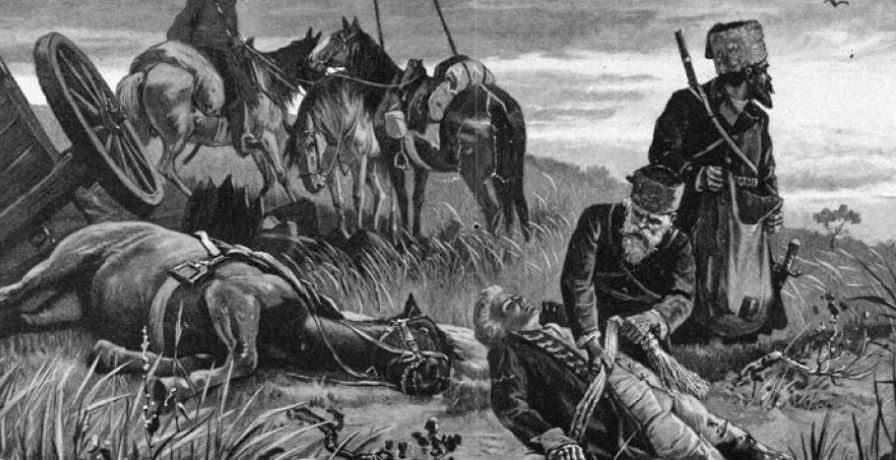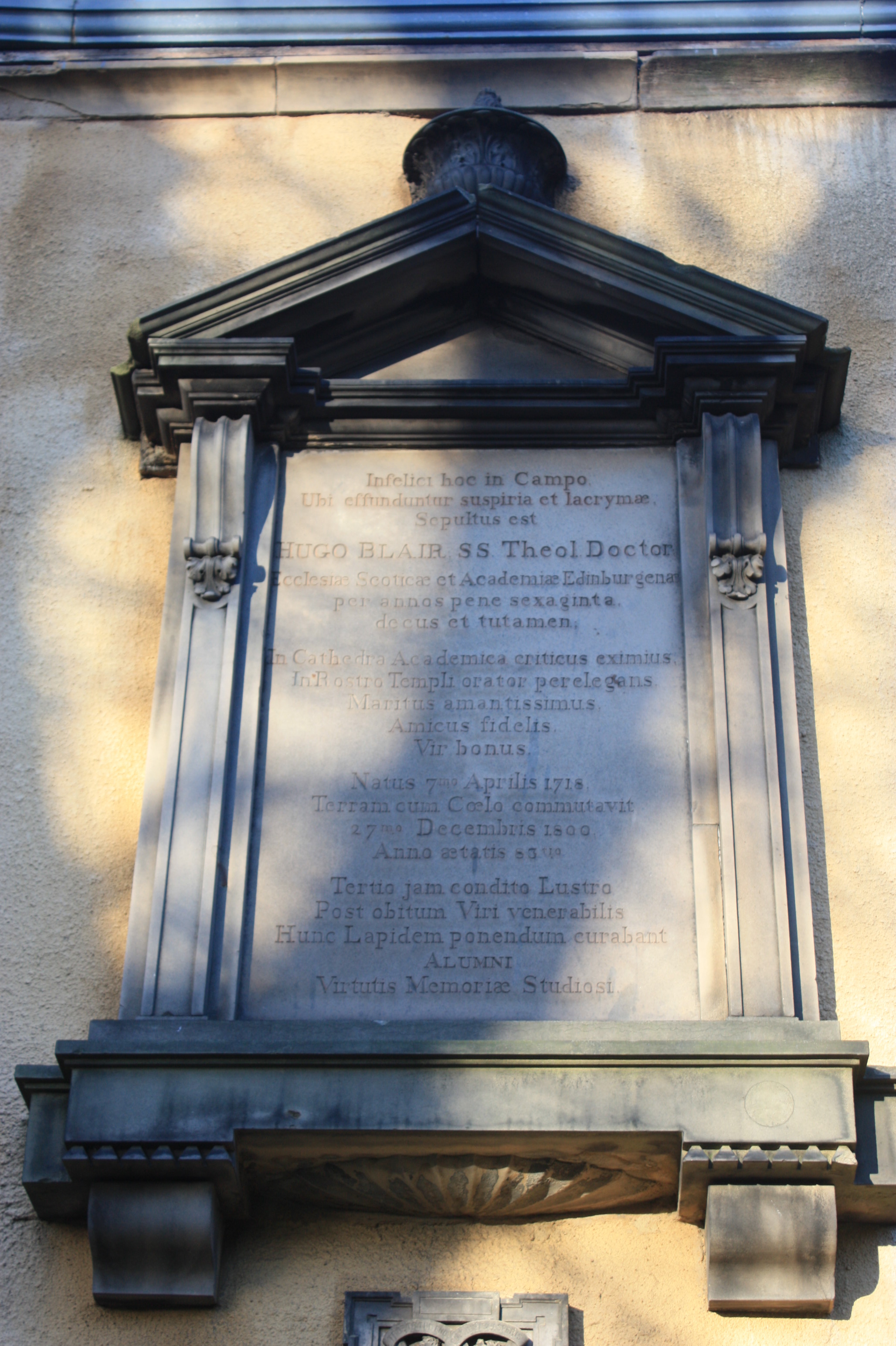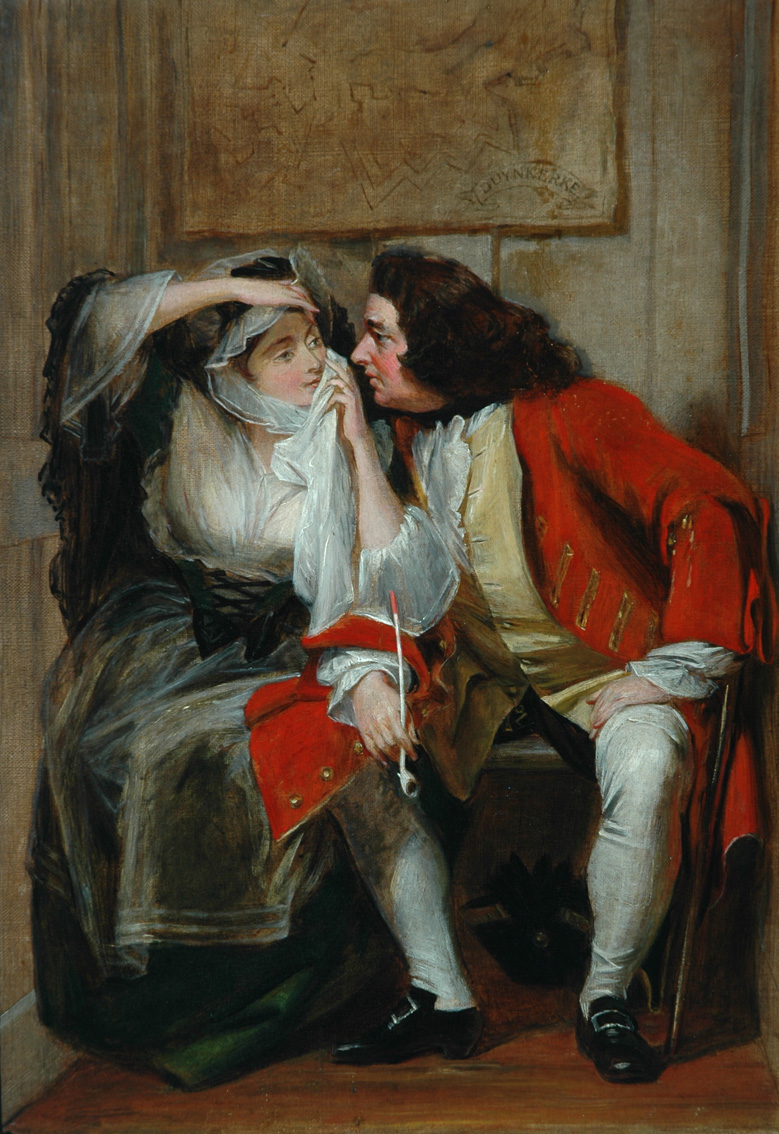|
1759 In Literature
This article contains information about the literary events and publications of 1759. Events *By January 15 – Voltaire's satirical novella ''Candide, ou l'Optimisme'' is published simultaneously in five countries. * January 15 – The British Museum opens in London. * March 5 – Denis Diderot's ''Encyclopédie'' is proscribed by the Vatican and (on March 8) temporarily suppressed by the French government. The ban is lifted in September to allow publication of a revised version. *July 27 – The earliest known professional performance of Shakespeare's ''Hamlet'' in North America (in Garrick's version) is given by the American Company in Philadelphia, with Lewis Hallam Jr. as Hamlet. *August 12 – In the Seven Years' War Battle of Kunersdorf, the German poet Major Ewald Christian von Kleist is fatally injured. *December – Laurence Sterne has the first two volumes of his comic metafictional novel ''The Life and Opinions of Tristram Shandy, Gentleman'' printed in York, in ... [...More Info...] [...Related Items...] OR: [Wikipedia] [Google] [Baidu] |
Voltaire
François-Marie Arouet (; 21 November 169430 May 1778) was a French Age of Enlightenment, Enlightenment writer, historian, and philosopher. Known by his ''Pen name, nom de plume'' M. de Voltaire (; also ; ), he was famous for his wit, and his criticism of Christianity—especially Criticism of the Catholic Church, of the Roman Catholic Church—and of slavery. Voltaire was an advocate of freedom of speech, freedom of religion, and separation of church and state. Voltaire was a versatile and prolific writer, producing works in almost every literary form, including stageplay, plays, poems, novels, essays, histories, and scientific Exposition (narrative), expositions. He wrote more than 20,000 letters and 2,000 books and pamphlets. Voltaire was one of the first authors to become renowned and commercially successful internationally. He was an outspoken advocate of civil liberties and was at constant risk from the strict censorship laws of the Catholic French monarchy. His polemics ... [...More Info...] [...Related Items...] OR: [Wikipedia] [Google] [Baidu] |
Battle Of Kunersdorf
The Battle of Kunersdorf occurred on 12 August 1759 near Kunersdorf (now Kunowice, Poland) immediately east of Frankfurt (Oder), Frankfurt an der Oder (the second-largest city in Kingdom of Prussia, Prussia). Part of the Third Silesian War and the wider Seven Years' War, the battle involved over 100,000 men. An Allied army commanded by Pyotr Saltykov and Ernst Gideon von Laudon that included 41,000 Russian Empire, Russians and 18,500 Habsburg monarchy, Austrians defeated Frederick II of Prussia, Frederick the Great's army of 50,900 Prussians. The terrain complicated battle tactics for both sides, but the Russians and the Austrians, having arrived in the area first, were able to overcome many of its difficulties by strengthening a causeway between two small ponds. They had also devised a solution to Frederick's deadly ''modus operandi'', the oblique order. Although Frederick's troops initially gained the upper hand in the battle, the sheer number of Allied troops gave the Russians ... [...More Info...] [...Related Items...] OR: [Wikipedia] [Google] [Baidu] |
Johann Ernst Immanuel Walch
Johann Ernst Immanuel Walch (29 August 1725 – 1 December 1778) was a German theologian, linguist, and naturalist from Jena. Life The son of the theologian Johann Georg Walch, he studied Semitic languages at the University of Jena, and also natural science and mathematics. In 1749 he published ''Einleitung in die Harmonie der Evangelien'', and in 1750 was appointed professor extraordinarius of theology. Five years later he became professor ordinarius of logic and metaphysics; in 1759 he exchanged this for a professorship of rhetoric and poetry. Amongst his theological works were ''Dissertationes in Acta Apostolorum'' (1756–1761); (1772); and after his death appeared ''Observationes in Matthaeum ex Graecis inscriptionibus'' (1779). He also edited a periodical ''Der Naturforscher'' (1774–1778), and during the years 1749-1756 took an active part in editing the ''Zeitungen von gelehrten Sachen''. In the later part of his career Walch found interest in the natural sciences, p ... [...More Info...] [...Related Items...] OR: [Wikipedia] [Google] [Baidu] |
English Literature
English literature is literature written in the English language from United Kingdom, its crown dependencies, the Republic of Ireland, the United States, and the countries of the former British Empire. ''The Encyclopaedia Britannica'' defines English literature more narrowly as, "the body of written works produced in the English language by inhabitants of the British Isles (including Ireland) from the 7th century to the present day. The major literatures written in English outside the British Isles are treated separately under American literature, Australian literature, Canadian literature, and New Zealand literature." However, despite this, it includes literature from the Republic of Ireland, "Anglo-American modernism", and discusses post-colonial literature. ; See also full articles on American literature and other literatures in the English language. The English language has developed over the course of more than 1,400 years. The earliest forms of English, a set of Anglo-F ... [...More Info...] [...Related Items...] OR: [Wikipedia] [Google] [Baidu] |
University Of Edinburgh
The University of Edinburgh ( sco, University o Edinburgh, gd, Oilthigh Dhùn Èideann; abbreviated as ''Edin.'' in post-nominals) is a public research university based in Edinburgh, Scotland. Granted a royal charter by King James VI in 1582 and officially opened in 1583, it is one of Scotland's four ancient universities and the sixth-oldest university in continuous operation in the English-speaking world. The university played an important role in Edinburgh becoming a chief intellectual centre during the Scottish Enlightenment and contributed to the city being nicknamed the " Athens of the North." Edinburgh is ranked among the top universities in the United Kingdom and the world. Edinburgh is a member of several associations of research-intensive universities, including the Coimbra Group, League of European Research Universities, Russell Group, Una Europa, and Universitas 21. In the fiscal year ending 31 July 2021, it had a total income of £1.176 billion, of ... [...More Info...] [...Related Items...] OR: [Wikipedia] [Google] [Baidu] |
Hugh Blair
Hugh Blair FRSE (7 April 1718 – 27 December 1800) was a Scottish minister of religion, author and rhetorician, considered one of the first great theorists of written discourse. As a minister of the Church of Scotland, and occupant of the Chair of Rhetoric and Belles Lettres at the University of Edinburgh, Blair's teachings had a great impact in both the spiritual and the secular realms. Best known for ''Sermons'', a five volume endorsement of practical Christian morality, and ''Lectures on Rhetoric and Belles Lettres'', a prescriptive guide on composition (language), composition, Blair was a valuable part of the Scottish Enlightenment. Life Blair was born in Edinburgh into an educated Presbyterian family. His father was John Blair, an Edinburgh merchant. He was great-great-grandson of Rev. Robert Blair of St. Andrews and great nephew of Very Rev. David Blair (moderator), David Blair the Moderator of the General Assembly in 1700. From an early age it was clear that Blair, a ... [...More Info...] [...Related Items...] OR: [Wikipedia] [Google] [Baidu] |
Bishop Of Gloucester
The Bishop of Gloucester is the ordinary of the Church of England Diocese of Gloucester in the Province of Canterbury. The diocese covers the County of Gloucestershire and part of the County of Worcestershire. The see's centre of governance is the City of Gloucester where the bishop's chair (''cathedra'') is located in the Cathedral Church of the Holy and Indivisible Trinity. The bishop's residence is Bishopscourt, Gloucester; very near the Cathedral. The office has been in existence since the foundation of the see in 1541 under King Henry VIII from part of the Diocese of Worcester. On 5 August 2014, Martyn Snow, the suffragan Bishop of Tewkesbury, became acting bishop of Gloucester.Diocese of Gloucester – Letter from the Bishop of Tewkesbury (Accessed 7 ... [...More Info...] [...Related Items...] OR: [Wikipedia] [Google] [Baidu] |
Anglican
Anglicanism is a Western Christian tradition that has developed from the practices, liturgy, and identity of the Church of England following the English Reformation, in the context of the Protestant Reformation in Europe. It is one of the largest branches of Christianity, with around 110 million adherents worldwide . Adherents of Anglicanism are called ''Anglicans''; they are also called ''Episcopalians'' in some countries. The majority of Anglicans are members of national or regional ecclesiastical provinces of the international Anglican Communion, which forms the third-largest Christian communion in the world, after the Roman Catholic Church and the Eastern Orthodox Church. These provinces are in full communion with the See of Canterbury and thus with the Archbishop of Canterbury, whom the communion refers to as its '' primus inter pares'' (Latin, 'first among equals'). The Archbishop calls the decennial Lambeth Conference, chairs the meeting of primates, and is the ... [...More Info...] [...Related Items...] OR: [Wikipedia] [Google] [Baidu] |
William Warburton
William Warburton (24 December 16987 June 1779) was an English writer, literary critic and churchman, Bishop of Gloucester from 1759 until his death. He edited editions of the works of his friend Alexander Pope, and of William Shakespeare. Life Warburton was born on 24 December 1698 at Newark, Nottinghamshire, where his father, George Warburton was town clerk. He was educated at Oakham and Newark grammar schools, and in 1714, he was articled to Mr Kirke, an attorney, at East Markham. In 1719, after serving his articles he returned to Newark, where he began to practise as a solicitor, but, having studied Latin and Greek, changed his mind and was ordained deacon by the Archbishop of York in 1723. He was ordained as a priest in 1726, and in the same year began to associate with literary circles in London. Sir Robert Sutton gave Warburton the small living of Greasley, in Nottinghamshire, exchanged next year for that of Brant Broughton in Lincolnshire. He was, in addition, rector ... [...More Info...] [...Related Items...] OR: [Wikipedia] [Google] [Baidu] |
December 22
Events Pre-1600 *AD 69 – Vespasian is proclaimed Emperor of Rome; his predecessor, Vitellius, attempts to abdicate but is captured and killed at the Gemonian stairs. * 401 – Pope Innocent I is elected, the only pope to succeed his father in the office. * 856 – Damghan earthquake: An earthquake near the Persian city of Damghan kills an estimated 200,000 people, the sixth deadliest earthquake in recorded history. * 880 – Luoyang, eastern capital of the Tang dynasty, is captured by rebel leader Huang Chao during the reign of Emperor Xizong. *1135 – Three weeks after the death of King Henry I of England, Stephen of Blois claims the throne and is privately crowned King of England, beginning the English Anarchy. * 1216 – Pope Honorius III approves the Dominican Order through the papal bull of confirmation Religiosam vitam. *1489 – The forces of the Catholic Monarchs, Ferdinand and Isabella, take control of Almería from the Nasrid rul ... [...More Info...] [...Related Items...] OR: [Wikipedia] [Google] [Baidu] |
York
York is a cathedral city with Roman origins, sited at the confluence of the rivers Ouse and Foss in North Yorkshire, England. It is the historic county town of Yorkshire. The city has many historic buildings and other structures, such as a minster, castle, and city walls. It is the largest settlement and the administrative centre of the wider City of York district. The city was founded under the name of Eboracum in 71 AD. It then became the capital of the Roman province of Britannia Inferior, and later of the kingdoms of Deira, Northumbria, and Scandinavian York. In the Middle Ages, it became the northern England ecclesiastical province's centre, and grew as a wool-trading centre. In the 19th century, it became a major railway network hub and confectionery manufacturing centre. During the Second World War, part of the Baedeker Blitz bombed the city; it was less affected by the war than other northern cities, with several historic buildings being gutted and restore ... [...More Info...] [...Related Items...] OR: [Wikipedia] [Google] [Baidu] |
The Life And Opinions Of Tristram Shandy, Gentleman
''The Life and Opinions of Tristram Shandy, Gentleman'', also known as ''Tristram Shandy'', is a novel by Laurence Sterne, inspired by ''Don Quixote''. It was published in nine volumes, the first two appearing in 1759, and seven others following over the next seven years (vols. 3 and 4, 1761; vols. 5 and 6, 1762; vols. 7 and 8, 1765; vol. 9, 1767). It purports to be a biography of the eponymous character. Its style is marked by digression, double entendre, and graphic devices. The first edition was printed by Ann Ward (printer), Ann Ward on Coney Street, York. Sterne had read widely, which is reflected in ''Tristram Shandy''. Many of his similes, for instance, are reminiscent of the works of the metaphysical poets of the 17th century, and the novel as a whole, with its focus on the problems of language, has constant regard for John Locke's theories in ''An Essay Concerning Human Understanding''. Arthur Schopenhauer called ''Tristram Shandy'' one of "the four immortal romances."A ... [...More Info...] [...Related Items...] OR: [Wikipedia] [Google] [Baidu] |








